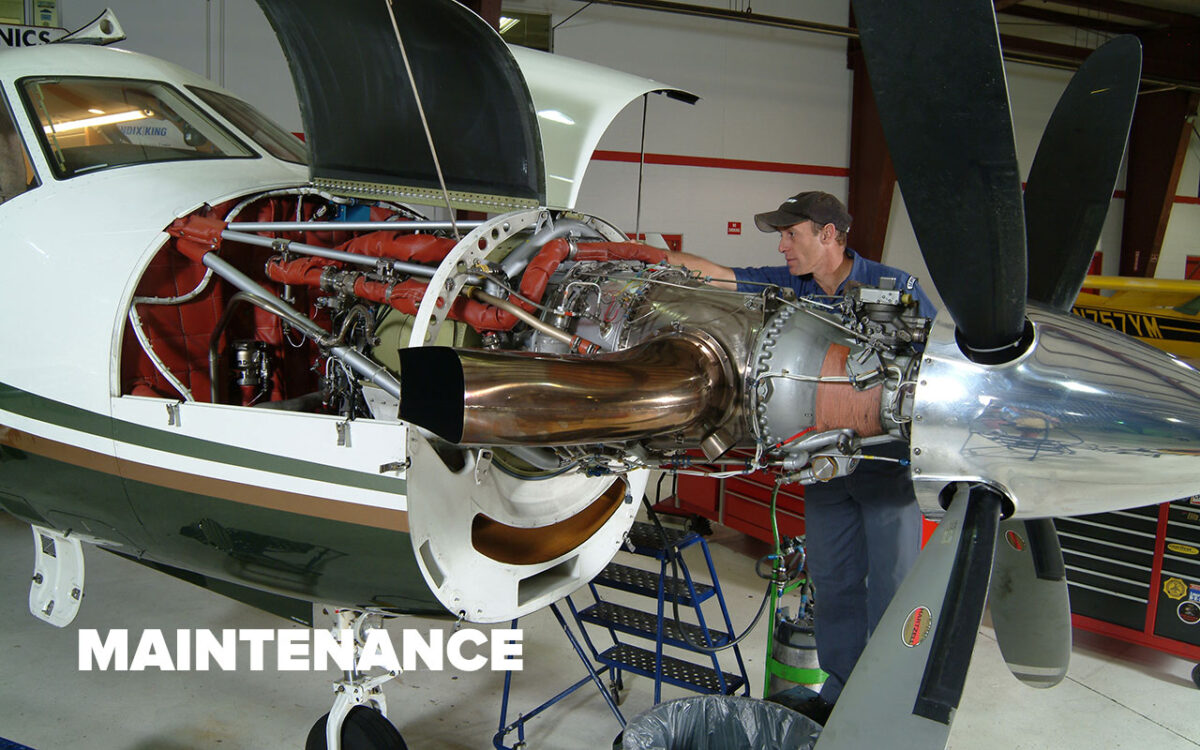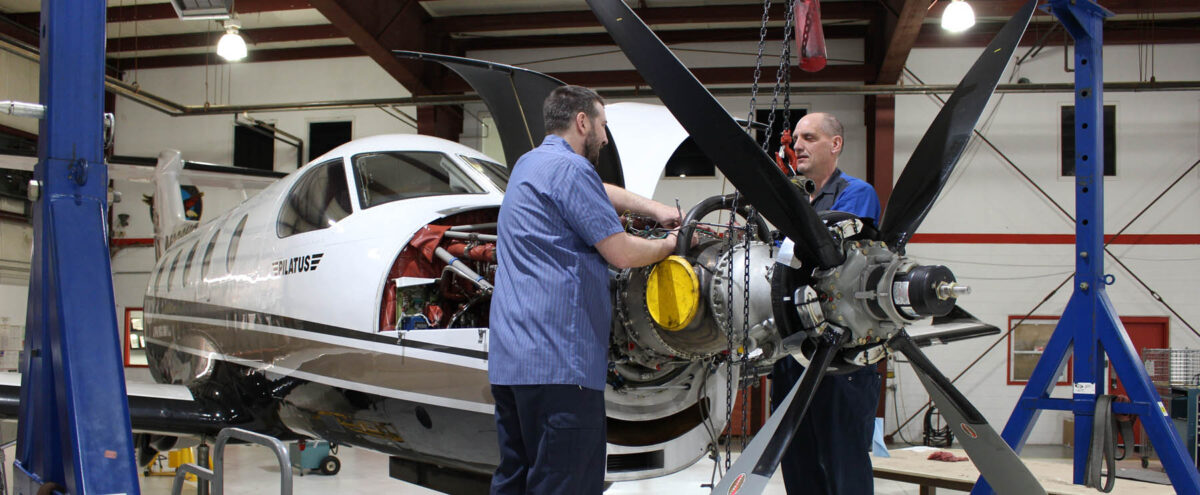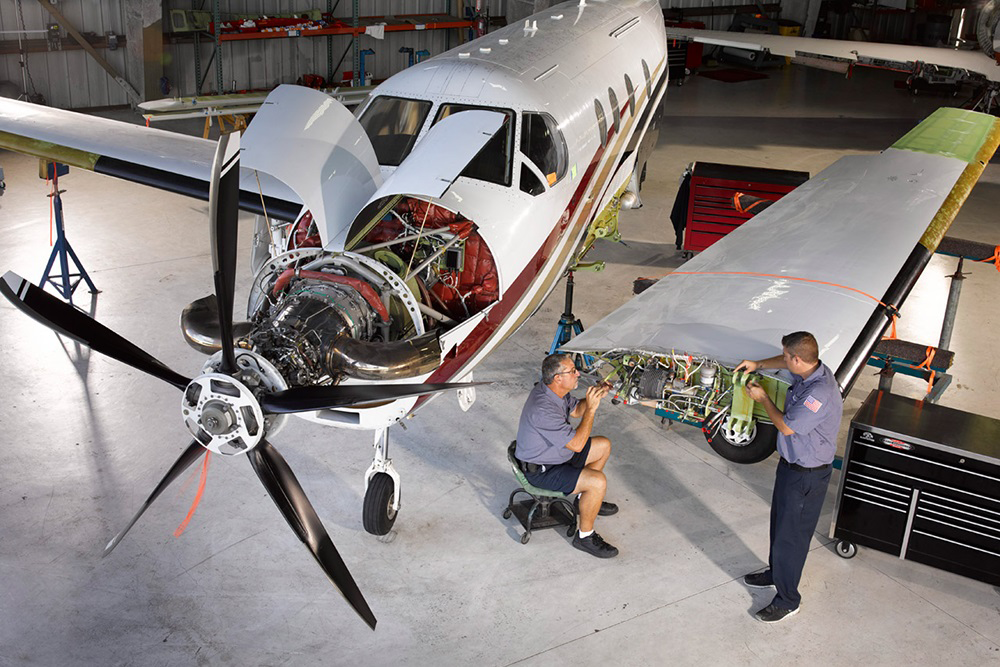Decoding the Future of Aviation Careers – Aircraft Maintenance Engineering vs. Aerospace Engineering: Which Path Holds the Key?
It’s interesting to note that the aviation sector has come to represent technology innovation and human intelligence. The decision between the two fascinating professions of aircraft maintenance engineering (AME) and aerospace engineering often presents itself to aspirants looking for an exciting career in this industry.
Aircraft Maintenance Engineering
Aircraft maintenance engineering is the core of aviation safety. These qualified specialists are essential to the maintenance, repair, and inspection of aircraft. Their main duty is to guarantee airworthiness, ensuring that each aircraft gets to the sky in top condition.
Why Choose AME?
Unmatched Demand and Security: As the aviation sector continues to grow, AME demand is on the rise. It is a desirable career choice because of the unmatched job stability and excellent pay. Practical training is a major component of AME courses, giving students priceless hands-on experience. You’ll learn practical information about aviation laws, maintenance methods, and aircraft systems, preparing you for the rigours of the field. AMEs have a wide range of career options, including avionics, mechanical systems, and aircraft structures. This makes a variety of professional opportunities within the aviation sector possible.
Aerospace Engineering
You go on an exciting voyage with Aerospace Engineering as you design, create, and test aircraft, spacecraft, and their systems. By pushing the frontiers of what is possible, aerospace engineers are responsible for technical improvements in aviation and space exploration.
Why Choose Aerospace Engineering?
Aerospace engineers help to bring about ground-breaking advancements in space and aviation technologies. They are essential to determining the future of aviation because they build cutting-edge propulsion systems and create aircraft that are fuel-efficient.
Multidisciplinary Approach: The study of aerodynamics, materials science, structural analysis, and control systems are just a few of the many disciplines that make up aerospace engineering. An engaging learning environment is guaranteed by this interdisciplinary approach.
Wide-ranging Career Opportunities: Aerospace engineers work in a variety of sectors, including the aerospace industry, the defence sector, the research sector, and the public sector. There are excellent job options due to the continued high demand for aerospace engineers.
The decision between Aerospace Engineering and Aircraft Maintenance Engineering when choosing a career in aviation depends on your own interests and goals. AME could be the ideal fit for you if you appreciate physical labour and enjoy the difficulties of maintenance and troubleshooting. On the other hand, if you’re passionate about design, creativity, and the pursuit of cutting-edge technology, a career in aerospace engineering could be right for you.
A vital part in determining the direction of aviation maintenance engineering played by AME colleges in India. These schools give the information and abilities necessary for prospective aviation enthusiasts to succeed in the sector through their specialised courses. In India, the civil aviation industry is governed by the Directorate General of Civil Aviation (DGCA). An AME college’s compliance with the requirements and rules established by the aviation authority is ensured by DGCA approval. Aspiring aircraft maintenance engineers in India benefit greatly from the specialised education and training that AME institutes in that country offer. The DGCA clearance further assures that these institutes comply with the necessary requirements and legal requirements, strengthening the legitimacy of the education offered and enhancing career opportunities for graduates of AME and Aerospace Engineering.










